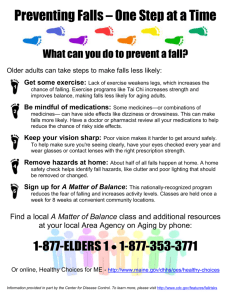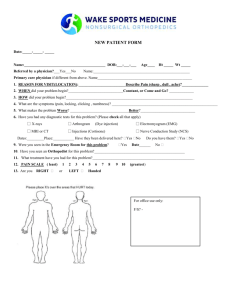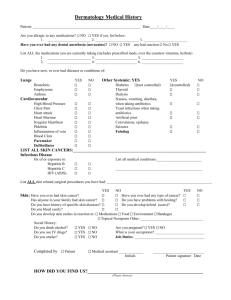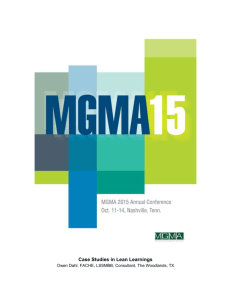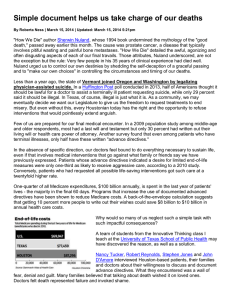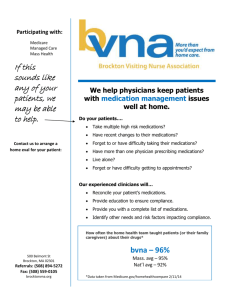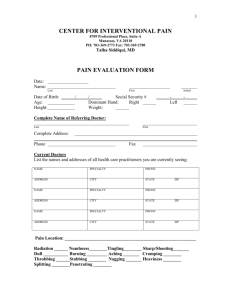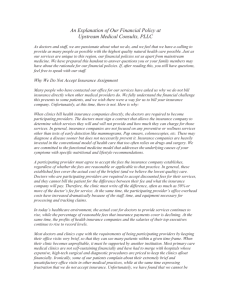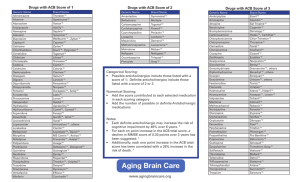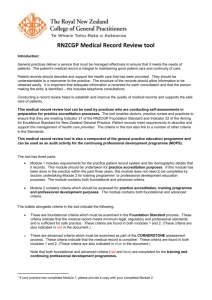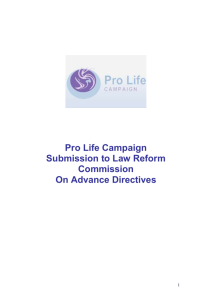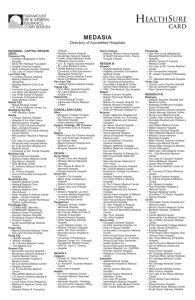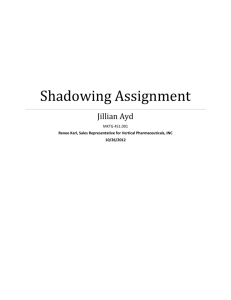Aging Parents: During emergency, details count
advertisement
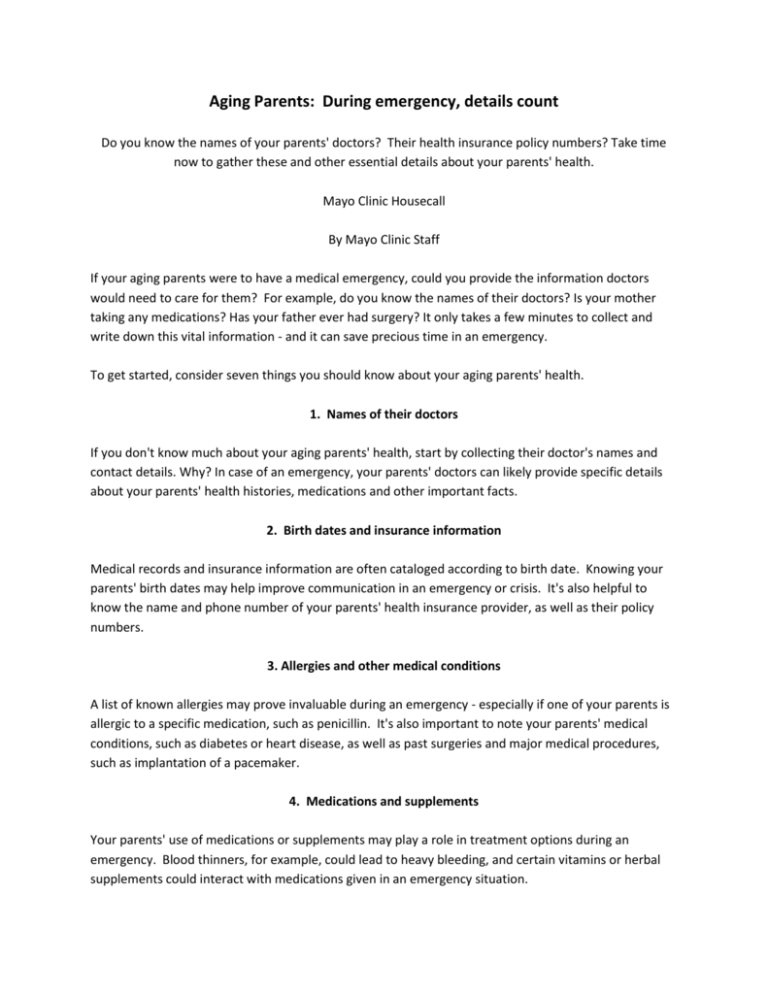
Aging Parents: During emergency, details count Do you know the names of your parents' doctors? Their health insurance policy numbers? Take time now to gather these and other essential details about your parents' health. Mayo Clinic Housecall By Mayo Clinic Staff If your aging parents were to have a medical emergency, could you provide the information doctors would need to care for them? For example, do you know the names of their doctors? Is your mother taking any medications? Has your father ever had surgery? It only takes a few minutes to collect and write down this vital information - and it can save precious time in an emergency. To get started, consider seven things you should know about your aging parents' health. 1. Names of their doctors If you don't know much about your aging parents' health, start by collecting their doctor's names and contact details. Why? In case of an emergency, your parents' doctors can likely provide specific details about your parents' health histories, medications and other important facts. 2. Birth dates and insurance information Medical records and insurance information are often cataloged according to birth date. Knowing your parents' birth dates may help improve communication in an emergency or crisis. It's also helpful to know the name and phone number of your parents' health insurance provider, as well as their policy numbers. 3. Allergies and other medical conditions A list of known allergies may prove invaluable during an emergency - especially if one of your parents is allergic to a specific medication, such as penicillin. It's also important to note your parents' medical conditions, such as diabetes or heart disease, as well as past surgeries and major medical procedures, such as implantation of a pacemaker. 4. Medications and supplements Your parents' use of medications or supplements may play a role in treatment options during an emergency. Blood thinners, for example, could lead to heavy bleeding, and certain vitamins or herbal supplements could interact with medications given in an emergency situation. 5. Advance directives Advance directives are instructions about future health care, such as whether to use life-support machines or attempt resuscitation. Advance directives outline your parents' wishes should they be unable to make medical decisions for themselves. Understanding your parents' advance directives can help you make decisions in case of an emergency. 6. Lifestyle information Do your parents drink alcohol or use tobacco? Do they eat balanced diets? Do they participate in any physical activities? Understand your parents' religious beliefs, too, in case these beliefs could influence treatment decisions. 7. Privacy considerations You may want to ask your parents to sign a release form that allows doctors and others to speak with you about your parents' medical care. This may not be necessary in case of an emergency - such as if a parent loses consciousness - but it's a good idea to clarify upfront the type and amount of information your parents are comfortable having you receive from health care providers, insurance companies and others involved in your parents' medical care. Remember, the more you know about your parents' health, the better prepared you'll be to handle an emergency
